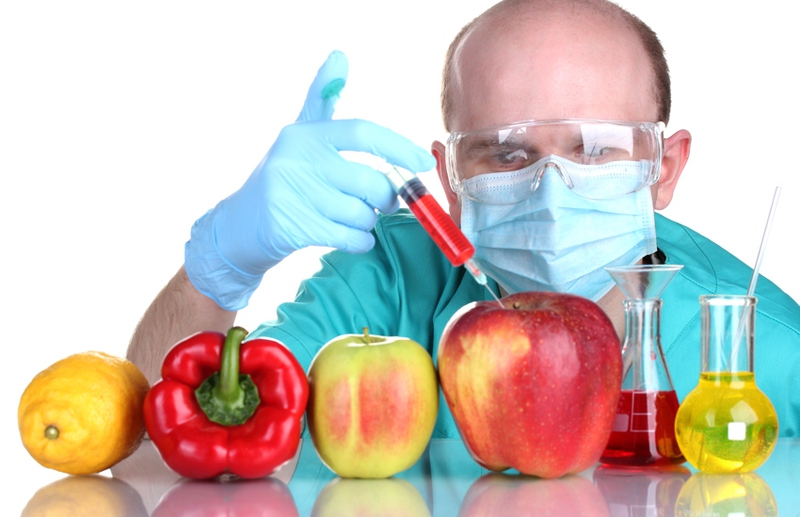GMOs have always been the cause of debate since they were introduced. Genetically modified foods look appealing some and to others are considered dangerous. While the technology may be good for creating foods that are resistant to drought scenarios, which can result in the ability to provide more food. On the other hand, this technology can deplete the nutritional value of foods and can cause a number of health issues. What are more pros and cons of GMOs? If you have been on the fence of whether you are for or against GMOs, this article will help clarify some more factors to consider.

List of Pros of GMOs
Longer shelf life
Foods that have been genetically modified tend to have a longer shelf life. Since these foods can be modified in a number of ways, they can last longer than organic foods and can be grown to withstand harsher weather conditions.
More crops
When it comes to growing genetically modified foods, farmers are able to grow more crops even in harsh environments. Since technology can alter the foods so that they can grow better in specific environments and to have more resistance to insects. This means farmers will often yield a larger crop at the end of the season.
Can be modified to provide additional nutritional value
Genetically modified foods can be created to include additional nutritional benefits. Vitamins and minerals can be added to help reduce common deficient around the world. Countries that suffer from malnutrition can benefit from GMO foods because they add more nutrients into their daily diets.
Reduce greenhouse gas emissions
Growing more GMO crops can be beneficial to the environment. Because there are fewer chemicals used to grow the crops and less machinery is used to harvest the crops, there are fewer pollutants entering the environment. Also, because crops have a better chance of surviving through harsh climates, there is less land that needs to be used to yield a large crop.
Be used to create vaccines
When it comes to the pros and cons of GMOs, one of the key pros is that plants can be modified to create certain vaccines. In a process called 'pharming', scientists have altered plants to include more and various proteins that can help cure or treat a number of health issues.
List of Cons of GMOs
Increase in food allergies
With the increase of
Increase in antibiotic resistant bacteria
There has been an increase in antibiotic resistant bacteria which have a deadly toll on many people. One of the causes for this increase can be due to the fact that GMO foods are produced with antibiotic resistant genes to help the groups grow.
Hurt the farmers crops
There
GMO seed market is under limit control
When it comes to the pros and cons of GMOs, there is a major debate in who owns the GMO seeds. There are only 6 companies that control the GMO seed market; the most notable is Monsanto. What this means is that farmers are not able to just work for themselves to provide for their families, they have to pay a fee to one of these 6 companies before they can sell any crops they yield. As mentioned in the previous
Harmful to the environment
While there may be less gas emission when growing genetically modified foods, there is also a downside to altering a plant's genetic makeup. The most damaging thing is that almost all GMO foods are resistant to herbicides when these GMO foods cross bred with other plants, like weeds, then there is little that can be done to rid the weeds from the crops. This eventually makes it more difficult to grow these plants and will only lead to need of making additional modifications to these plants.
Do not boost the economy
Many have the misconception that growing more GMO crop will benefit the economy, but this isn't true. GMO crops take just as long and hard work to harvest as organic crops, so it does not save time to grow these crops. And because of the
Do the Benefits Outweigh the Risks?
Why is it important to understand these pros and cons of GMOs? There are many things and people affected by the increase of GMO crops and you may benefit more from the increase or you may suffer more as in different areas. Whether you are for or against GMOs, it is something that for many years will
View All Comments /Add Comment